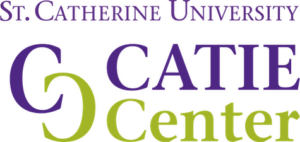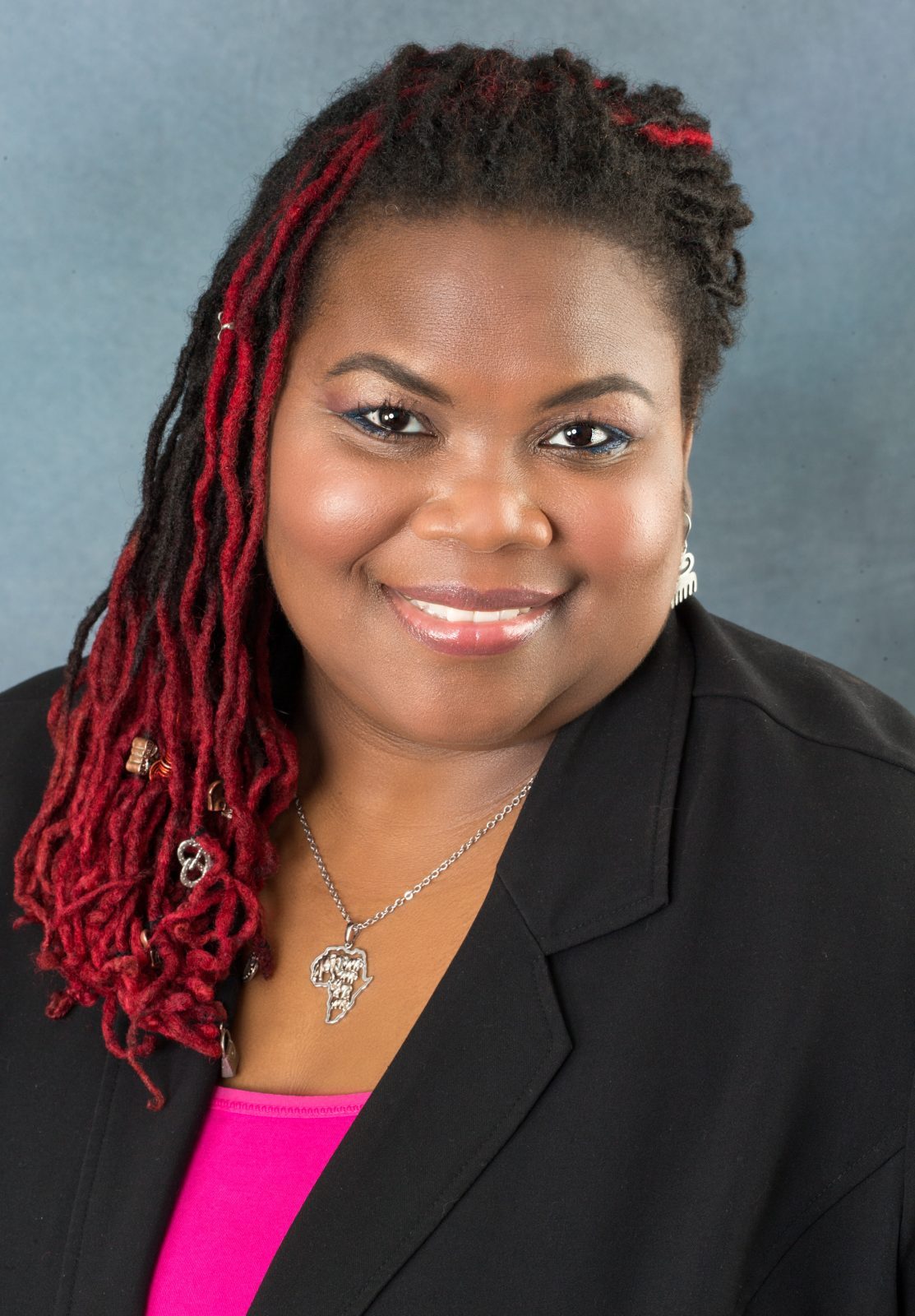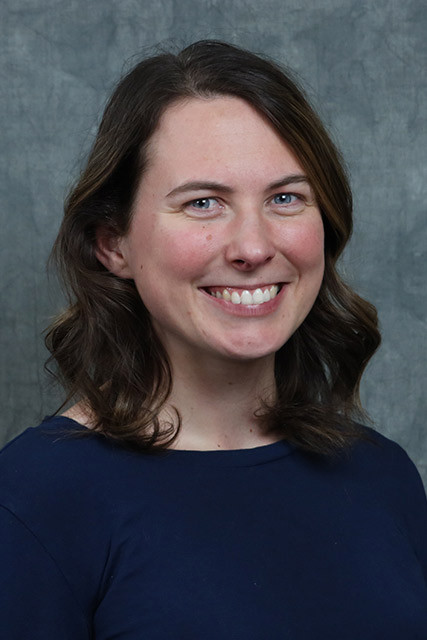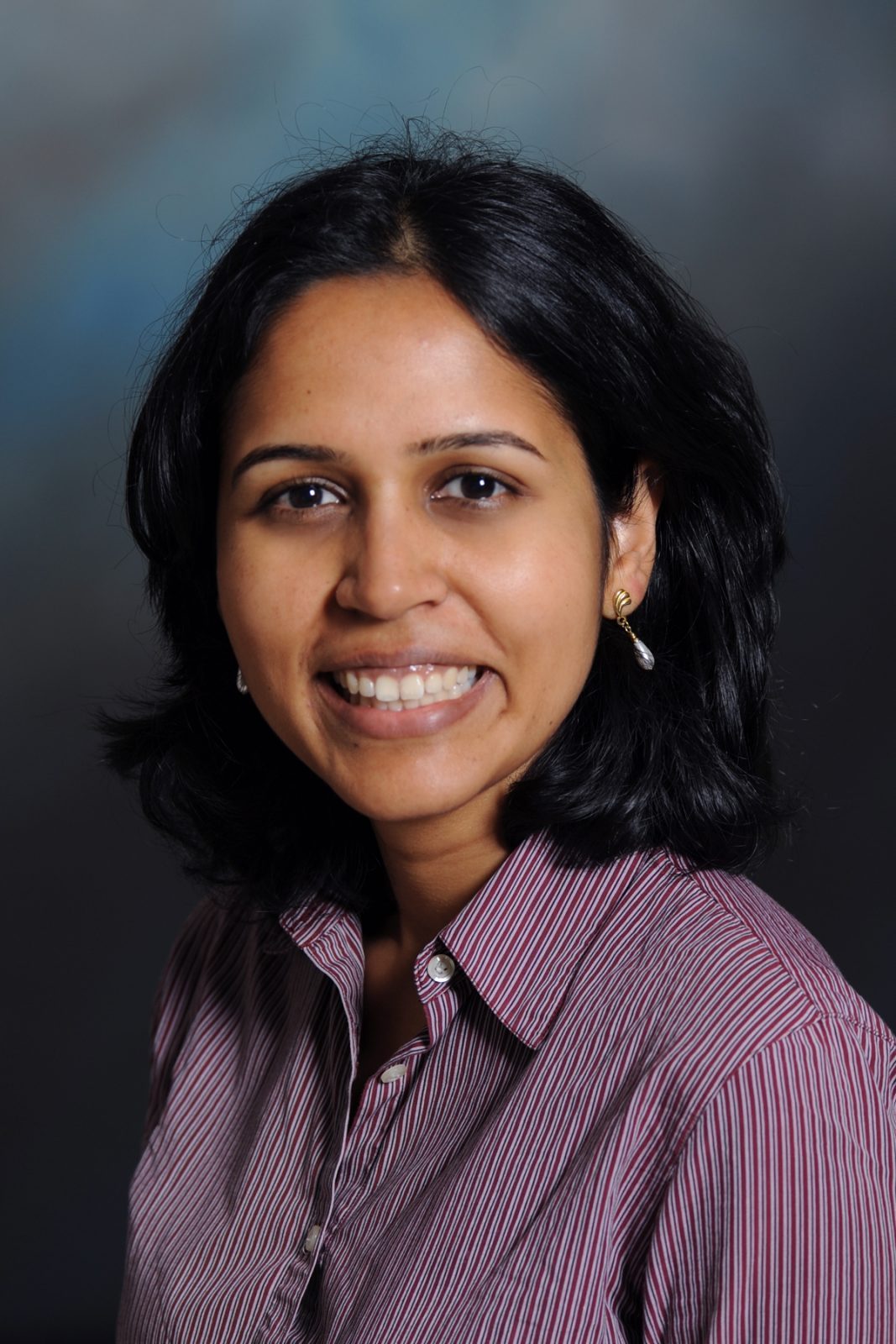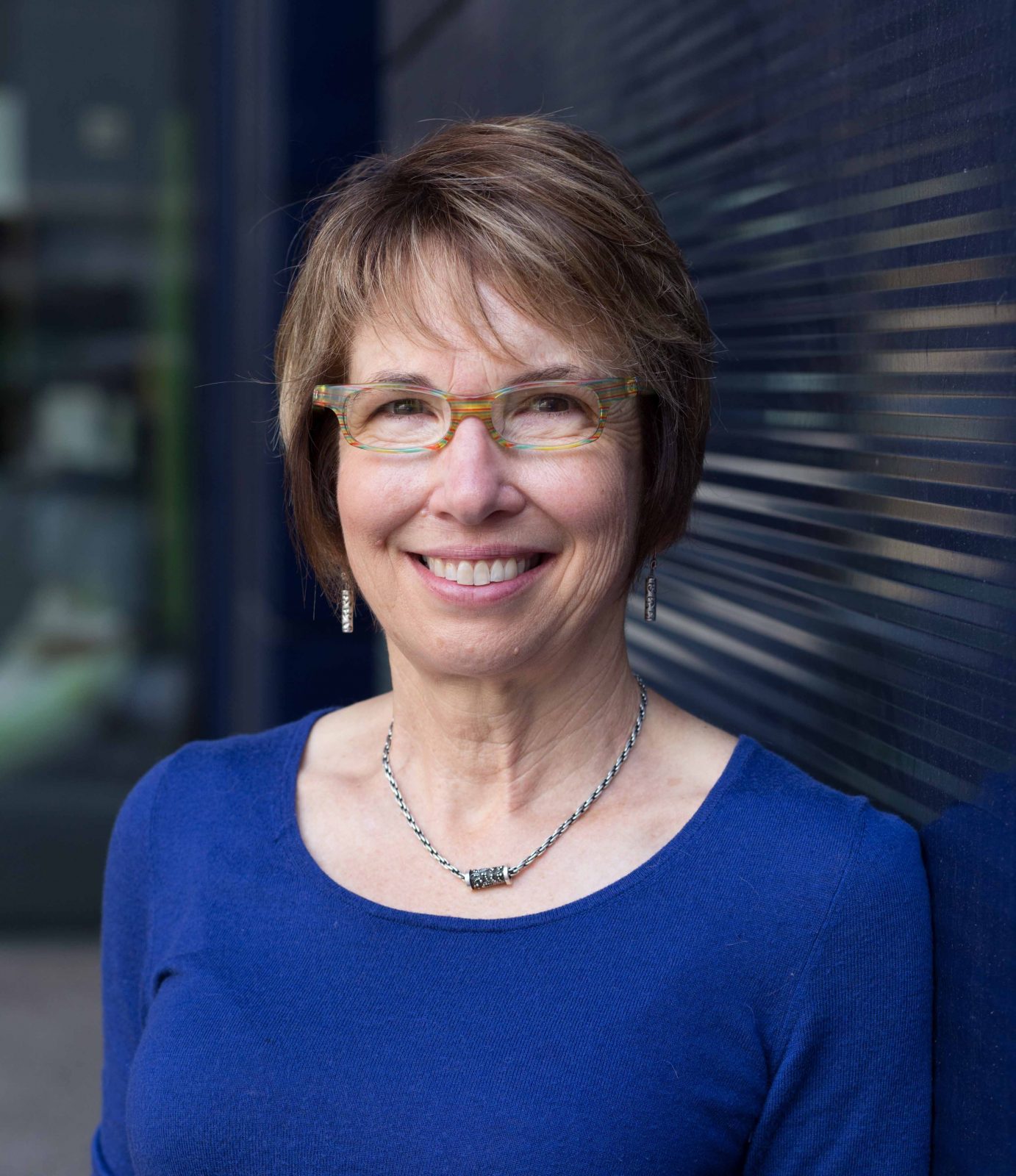

Program Details
LaTanya E. Jones, MSM, NIC, MSW, MEd – PI/Project Director
The Cohort Track will accept 35 certified interpreters every year for five years. Participants will apply and once selected will work through the online educational and induction phases as a group with expert facilitators, mentors and supervisors.
St. Catherine University’s CATIE Center Project Level Up is funded by the US Department of Education, Rehabilitation Services Administration, Award #H160D210004.
The project contents; however, do not necessarily represent the policy of the Department of Education, and you should not assume endorsement by the Federal Government. (Authority: 20 U.S.C. 1221e-3 and 3474).
Program Details The Cohort Track will accept 35 certified interpreters every year for five years. Participants will apply and once selected will work through the online educational and induction phases as a group with expert facilitators, mentors and supervisors. LaTanya E. Jones, MSM, NIC, MSW, MEd, C-PST – PI/Project Director Application is closed. The application process opens on Monday, November 11, 2024. The deadline to submit your application is Monday, November 25 at 5pm CST. Individuals selected for the program will be notified by email on December 6, 2024. An announcement will be posted [...]
[English Transcript] Project Level Up has created a self-directed track that is open to anyone who wants to take their abilities to the next level related to interpreting in healthcare settings. You could be a certified or non certified interpreter, a working professional, or a lifelong learner, to name a few examples. These are the courses available that you can tap in to raise your knowledge and skills. Year 4 of Grant schedule October 2024-September 2025 To learn more information about the course, click on the course title which is also where you will find the course [...]
Frequently Asked Questions
Project Level Up is a self-directed track that is open to anyone who wants to take their abilities to the next level related to interpreting in healthcare settings.
The program runs for 8 months starting January 13, 2025 to August 11, 2025. There are two phases of the program: An online Educational Phase that totals 96 hours. This includes 8 modules to be completed on Canvas. An Experiential Learning portion that totals 30 hours. This includes 5 hours of observation, 15 hours of mock interpreting work which includes 5 asynchronous mock interpreting scenarios which focus on body systems and healthcare interactions, and 10 hours of case consultation to be completed online with an assigned Supervisor. All work is completed on GoReact platform and other video platforms. Cohort Phase [...]
The program is free for 35 qualified applicants. The program selection criteria is listed below.
We welcome and encourage all interpreters from diverse backgrounds to apply including hearing, Deaf, Hard of Hearing, heritage signers, and individuals from underrepresented communities.
To qualify for the Level Up program an applicant must: Live in the U.S. or U.S. territories Possess 3+ years of interpreting experience Possess a B.A. Degree or Equivalent (see next question) Possess a background and interest in interpreting in Healthcare. Have access to appropriate technology for online learning and video conferencing capabilities, e.g., Zoom, GoReact. Possess a willingness to work with consumers and colleagues from all backgrounds, including individuals from traditionally underrepresented and marginalized communities including Black and Indigenous People of Color (BIPOC), Heritage Language Signers, and interpreters from rural areas. https://www.youtube.com/watch?v=LWVByL6aW3g
Yes, the equivalence criterion is as follows: If no baccalaureate degree, on a case-by-case basis and in consultation with RSA, educational equivalence may be used in place of the baccalaureate degree. Educational equivalence includes RID or state certification (with medical interpreting endorsements if applicable). OR If no RID or state certification, on a case-by-case basis and in consultation with RSA, life experience may be used in place of the RID or state certification. Life experience may include interpreter training workshops or college courses. Applicants should be able to provide proof of successful completion of educational experiences.
Yes, if accepted into the program. Participants who complete the cohort track in its entirety will earn 12.6 RID CEUs No partial CEUs will be awarded.
Nope! Project Level Up has two tracks: the cohort track and a self-directed track. Check out our self-directed page!

